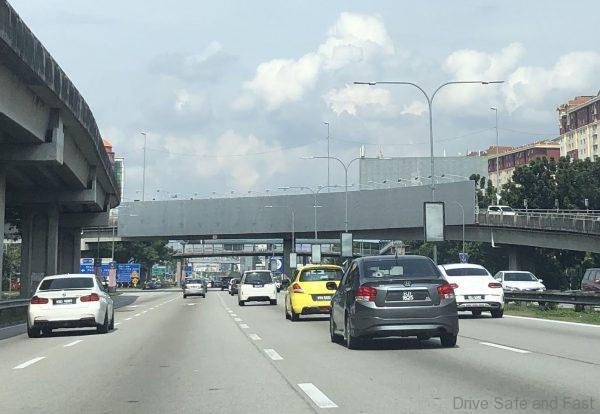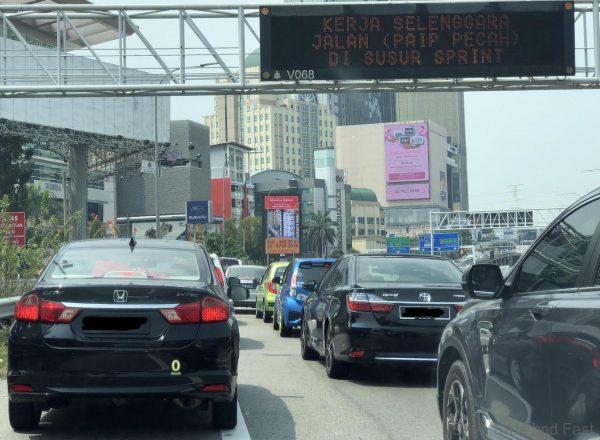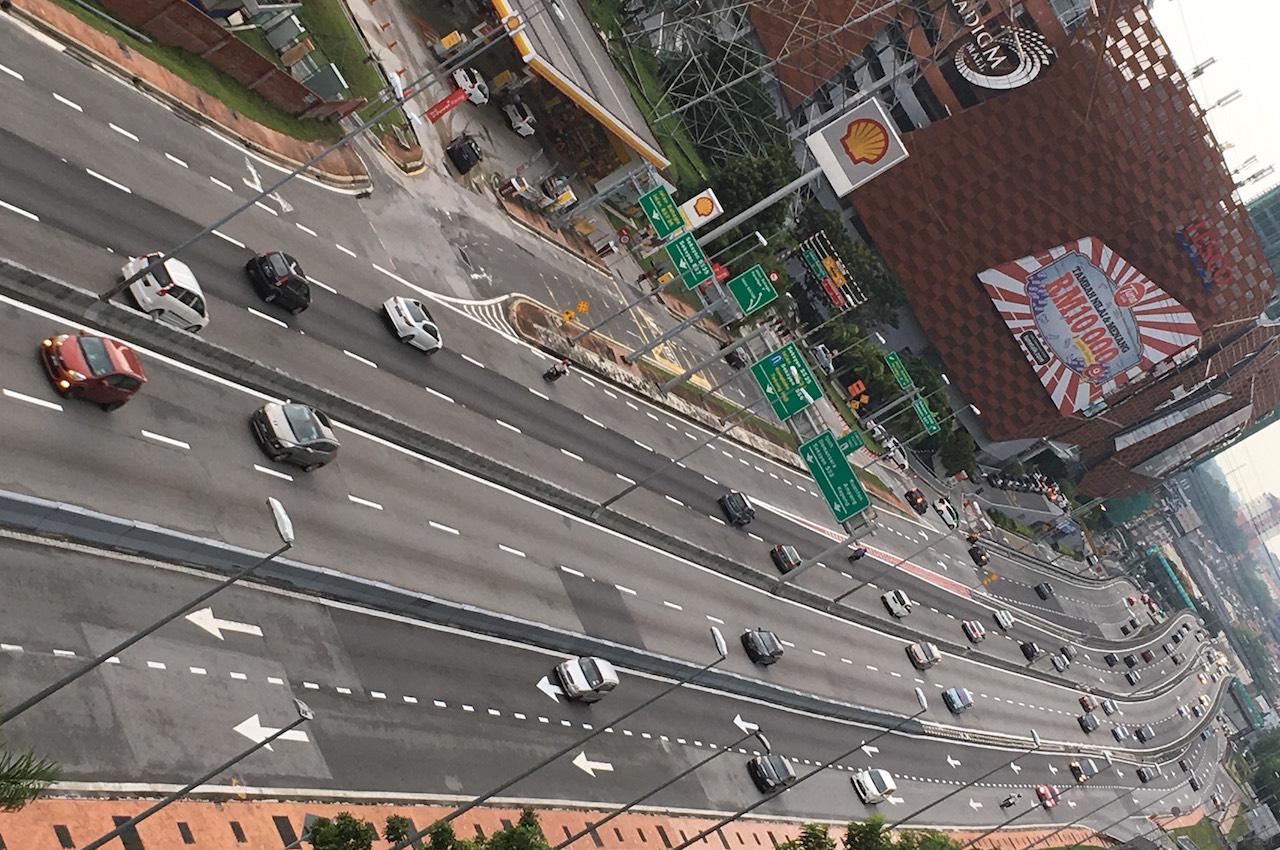Here is a topic worth debating during this harsh economic times
Round near where I live, the Penchala link toll road nearby costs a staggeringly high RM 3 per way. Yes, it does cut down significantly on travel time to KL by way of Hartamas, but RM 3 is an eye-waveringly steep price for the convenience. This then neatly leads to the question as to whether Malaysians should continue paying these high toll charges in general?
While this might probably be a problem mainly asked by motorists within the Klang Valley region who seem to have a toll road on nearly everyone’s doorstep there, the outcome of this answer given by the people in power would affect every motorist nationwide.
Speaking of the answer to this question, most people after reading the first few lines to this piece will probably just answer yes. That is because looking at it logically, the toll charges are analogous to a tax on convenience after all.

If you have the money, then you pay the toll fee for the convenience of cutting down on the time spent on the road. If you don’t, the longer and more congested toll-free road is still an option. The Penchala Link is a prime example of this principle in action. As although the RM 3 is a lot of money for a toll, the RM 3 also means that it is the only road that is guaranteed not to jam up ever, even when the rest of KL is in gridlock.
Moreover, many reasonable heads will continue on saying that the toll charges are there as payment to the highway operators who build and maintain these highways that supposedly are meant to save people time. So, it should be no question that motorists should be paying for these toll charges. In other words, why tax people who aren’t using the toll?
Therefore in extension to this argument, the supply and demand rationale can be used to explain why the Penchala Link is so exorbitantly priced, as not a lot of people use it in the grand scheme of things. When not a lot of people use it, the price goes up.

Saying all that though, why then did the previous elected government try to abolish toll charges?
Trying to remain as non-partisan as possible, it is true that the abolishment of toll charges was indeed used as a sweetener in their political manifesto. Nevertheless, there is some merit to the argument of completely (or even partially reducing) the toll charges, aside from just in an attempt to score political brownie points with the voters.
This is because the highways should (in an ideal world) be run at cost, as it is infrastructure used by us, the people. And not instead, be a money funnel used to fatten up the wallets to the tune of millions (if not billions) of the few lucky business people with these lucrative highway contracts.

As of now, unlike the state roads that are operated by Jabatan Kerja Rakyat (JKR), which is a ‘federal government department in Malaysia under Ministry of Works Malaysia (MOW)’, there are currently over 25 different highway concessionaires that run the highways nationwide.
Seeing as these are all private companies to some extent, it stand to reason then that as these companies strive to make a profit, the toll charges inherently are higher than what it could be, thanks to the built-in profit margin. This also goes to show why some highways don’t offer public holiday discounts, while others do.
There are, of course, inherent issues that arise from the nationalisation of these toll-collecting highways, and opening that particular can of worms will also mean that this article here will have no foreseeable end. Just putting it out there though, isn’t it a slightly more palatable pill to swallow if motorists paying these toll charges knew that their toll fare went into tax-funded activities, instead of adding another zero to the highway concessionaire’s bank balance?
Nevertheless, regardless on where one stands on this nation dividing issue of toll pricing, one thing perhaps all of us can agree upon is whether we can at least do something about how we pay for it? If we have to pay for these tolls anyway, shouldn’t we have a better system than the bulky Smart Tag reader and the somewhat intermittent RFID system?
Research and text by Joshua Chin

